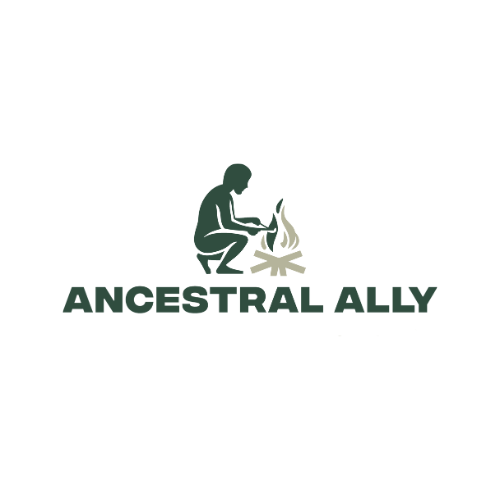What Every Man Should Know About Andropause, the Male Menopause
Understanding this overlooked stage of men’s health
Andropause, sometimes called the male menopause, describes the gradual dip in testosterone that many men experience as they age. Unlike female menopause, which is a sharper transition, andropause unfolds more slowly. It can involve a mix of physical, emotional and mental changes that influence everyday life. Although it’s a natural part of ageing, it often comes as a surprise – and not everyone feels prepared for its impact.
Spotting the signs
Andropause symptoms vary, but common ones include:
Energy slump: feeling less motivated or more easily fatigued
Mood changes: irritability, anxiety or periods of low mood
Reduced libido and performance: a dip in sexual desire, sometimes with difficulties around erectile function
Muscle loss: decline in strength or muscle tone
Weight gain: especially around the midsection, linked to slower metabolism
Mental haze: difficulty concentrating or remembering things
Individually these may seem manageable, but together they can take a toll. Because the topic isn’t widely discussed, some men hesitate to seek support, which can prolong or intensify symptoms.
When does it start?
Testosterone levels generally begin declining from around age 30, but noticeable symptoms of andropause usually appear between 40 and 60. Genetics, health status and lifestyle choices all play a role in when and how strongly symptoms are felt.
Getting the right support
If you’re experiencing symptoms that suggest andropause, it’s worth seeing a medical professional for proper assessment. Blood tests can measure testosterone levels and rule out other potential causes, giving you a clearer picture of what’s happening and what options might be available.
Taking a primal approach
There’s no quick fix or cure for andropause, but lifestyle shifts inspired by primal health can ease symptoms and support long-term wellbeing. Primal living is about aligning with how our bodies evolved to thrive – and it can help restore energy, balance and resilience.
Dietary focus: emphasising nutrient-dense foods – quality meat, fish, vegetables, low glycemic fruit and healthy fats – helps stabilise blood sugar, manage weight and boost energy. Minimising processed foods and refined sugars is key.
Ketogenic primal diet: lower-carb, higher-fat eating patterns can reduce inflammation, steady energy and sharpen focus. This approach may be especially useful for tackling midsection weight gain and metabolic challenges.
Carnivore diet: a fully animal-based diet isn’t for everyone, but some men find it simplifies nutrition, reduces joint pain and boosts mood and energy.
Exercise essentials: short, effective workouts such as strength training, HIIT and regular outdoor activity support muscle tone, mental health and hormone function.
Quality sleep: consistent, restful sleep is essential for testosterone regulation. Creating a healthy sleep environment – cool, dark and screen-free – makes a big difference.
Stress management: lowering stress helps rebalance hormones. Breathwork, mindfulness or simply time in nature can reduce cortisol levels.
Connection: social interaction is a primal human need. Staying connected with friends, family or support groups helps protect against low mood and isolation.
How I can help
Through primal health coaching, I can help people navigate transitions like andropause by offering personalised guidance on nutrition, exercise, sleep and stress management. Together, we can design a lifestyle that helps you regain energy, confidence and clarity – whatever stage of life you’re in.
Andropause may be a natural process, but you don’t need to face it alone. If you’d like to explore how primal living could support you, drop me an email at jamie@ancestralally.coach or use the contact form here. Let’s take the first step towards a healthier, more balanced future.
